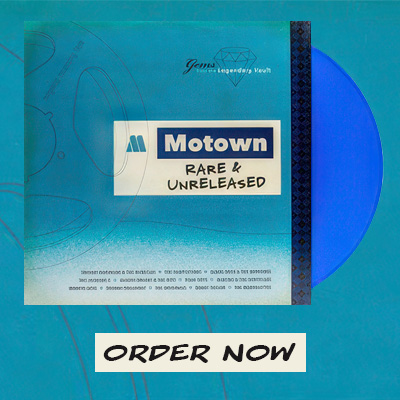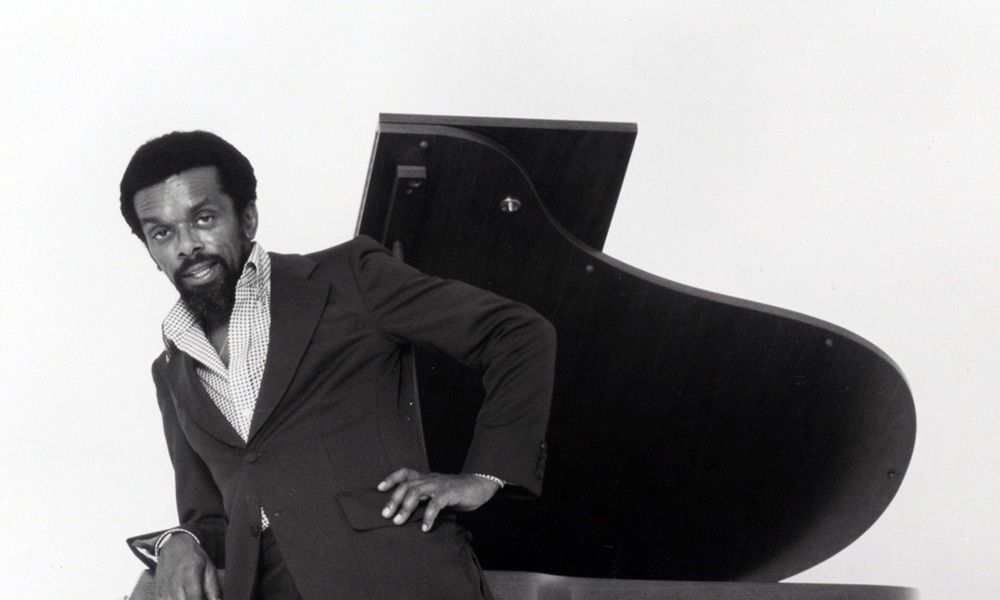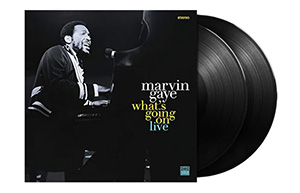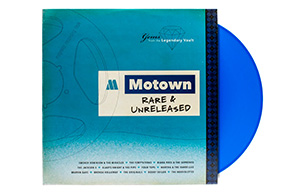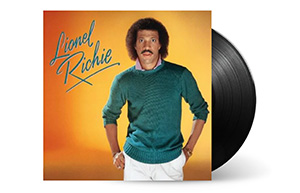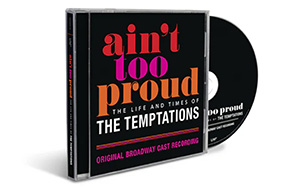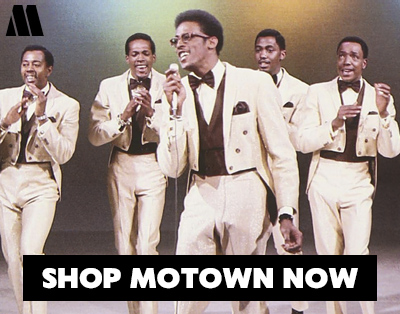Leon Ware
This self-described “messenger of love” took himself down a multitude of paths as a singer, songwriter and producer, although he is best-known for his collaboration with Marvin Gaye on the celebrated, sensual I Want You album. A close look at Ware’s travels shows his versatility – the Righteous Brothers, Michael Jackson, Quincy Jones and Minnie Riperton were among his soul mates – and reinforces his fine reputation.
FAST FACTS:
- First Hit (as a songwriter): “Got To Have You Back”
- Biggest Hit (as a songwriter): “I Want You”
- Best Album: Musical Massage
- Career Highlight: Collaborating with Marvin Gaye
- Detroit is Leon Ware’s hometown, where he is born on February 16, 1940, to a father working on the Ford assembly line and a mother who’s a beautician. With ambitions to be a professional singer, he hooks up with Lamont Dozier and Ty Hunter in the Romeos. The group records for a local label, but Ware’s already gone by that time. He meets Berry Gordy, who’s interested in working with him but is preoccupied with Jackie Wilson. Instead, Ware secures a solo deal with ABC-Paramount Records, although nothing is released.
- Developing his talent as a songwriter, Ware reconnects with Berry Gordy’s business circa 1964, and is responsible for the occasional hit, such as the Isley Brothers’ “Got To Have You Back.” (He also works as A&R chief Mickey Stevenson’s chauffeur for six months.) Not one to be tied down, Ware alternates between Detroit and New York; he places a number of his songs with the Righteous Brothers via his link with Stevenson, after the latter leaves Motown. Then Ware works with Ike & Tina Turner, makes an album of his own for United Artists, and watches a song he co-wrote with Diana Ross’ brother, T-Boy, become a success for Michael Jackson: “I Wanna Be Where You Are.”
- Now located in Los Angeles, Ware makes the acquaintance of producer Quincy Jones. “If I Ever Lose This Heaven,” a song he co-authors with another Motown writer, Pam Sawyer, finds its way onto Jones’ hit album, Body Heat – as does Ware himself, singing on the track with Minnie Riperton and Al Jarreau. Another collaboration is with arranger/composer Coleridge-Taylor Perkinson (alias “Perk”) for the soundtrack of The Education Of Sonny Carson. The two men will work together again.
- In early 1975, Ware signs to Motown as an artist, while continuing to write with T-Boy Ross. One of their songs, “I Want You,” is heard by Berry Gordy, who brings it to the attention of Marvin Gaye. The superstar wants to know more, and spends time listening to other material which Ware intends to record himself. Gaye persuades the singer/songwriter to allow him to cut the songs for his own next album, and this develops into Marvin’s masterpiece, I Want You. Another participant is Coleridge-Taylor Perkinson, handling string and horn arrangements. Released in March 1976, I Want You is a major commercial and creative success, enhancing Leon’s reputation as well as that of Marvin.
- Ware’s career as an artist restarts later in ’76, as he conjures up material for what turns out to be Musical Massage, his own album released on Motown’s Gordy label in September. Once again, he teams up for that with Minnie Riperton (“Instant Love,” “Turn Out The Light”) and with “Perk” Perkinson; he also remakes “Body Heat,” the title track of Quincy Jones’ hit LP. As sensual as I Want You, Musical Massage is produced by Ware and, for three tracks, with Hal Davis, but its sales fall far short of Gaye’s album. Leon leaves Motown again.
- Forever creative, Ware continues to make memorable music for himself and with others. There are albums for Elektra in the ’80s, and for independent labels, such as Russ Regan’s Fabulous and late-period Stax Records. As the years pass, his jazz inclinations become more apparent on disc and in concert, and his reputation is further burnished. In 2016, the year before succumbing to cancer at the age of 77, Leon Ware foretells his obituary. “Tell them I’m a messenger,” he says. “I’m a messenger of love.”




